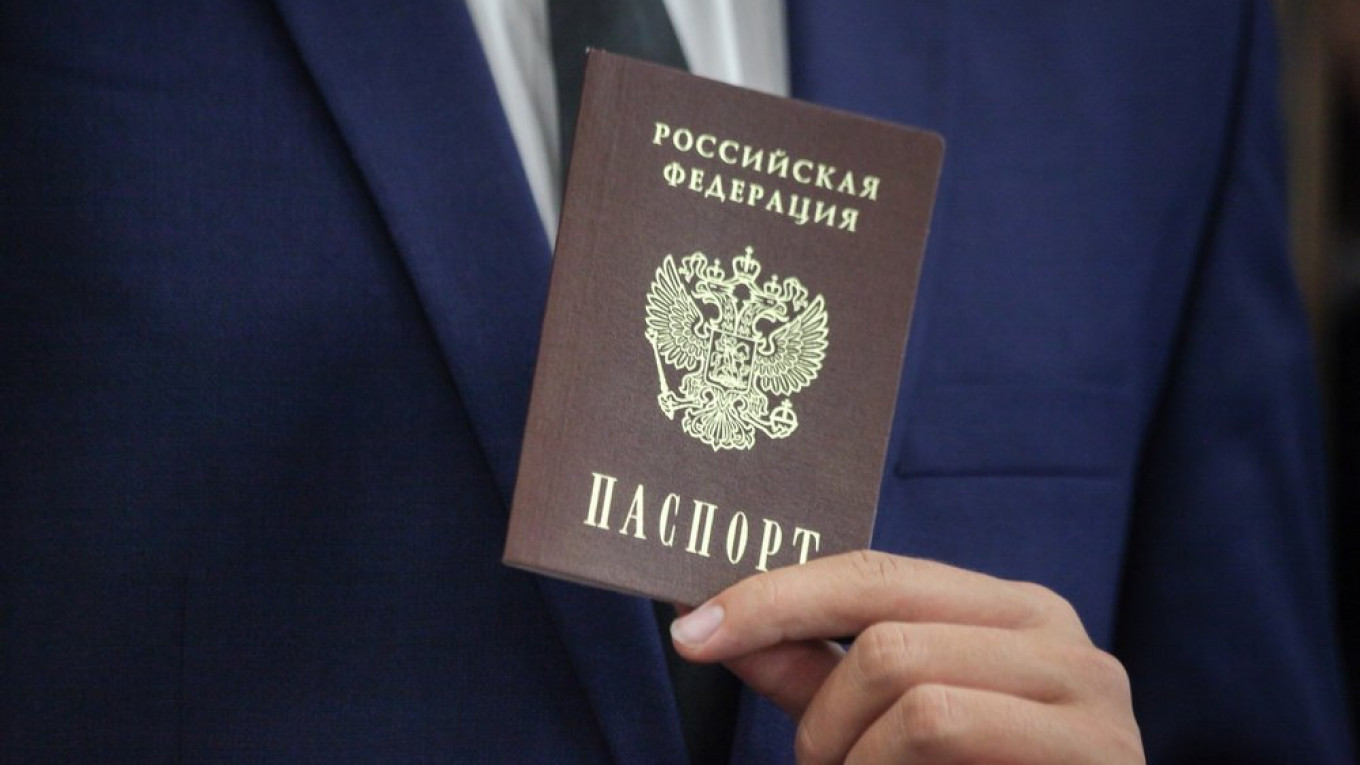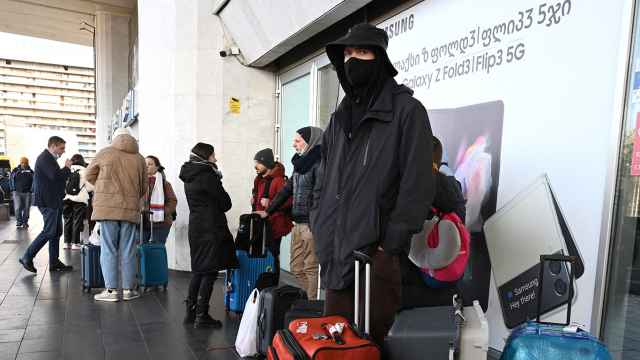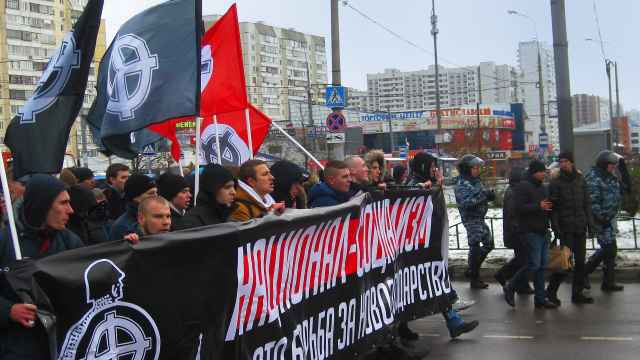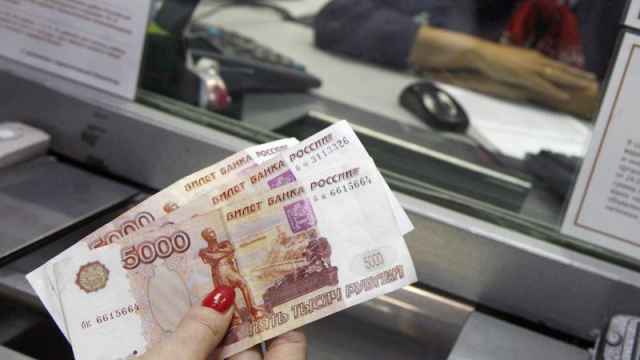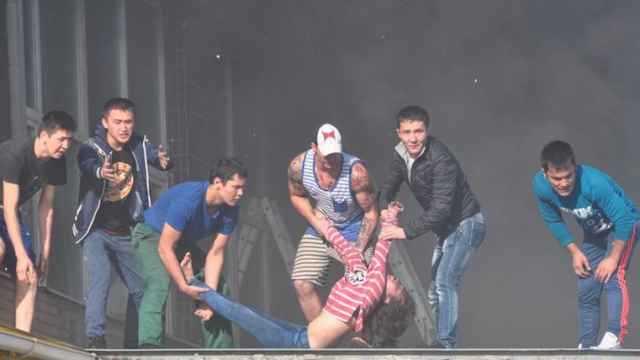Russia has granted citizenship to more than twice as many foreigners in early 2020 than it did in the same period last year as the country moves to ease citizenship laws and boost its flagging population numbers.
Authorities issued 161,170 Russian passports to foreigners between January and March compared with 63,249 in January-March 2019, the Interior Ministry’s immigration data said.
Two-thirds of the new recipients, 108,500 people, were Ukrainian nationals, the RBC news website cited the Finexpertiza consulting firm as saying Tuesday. From 2016-2019, Ukrainians had accounted for fewer than 50% of newly naturalized Russian citizens.
Last year, President Vladimir Putin simplified the Russian citizenship process for residents of separatist-controlled eastern Ukraine and later expanded it to neighboring areas under Kiev’s control.
The overall number of naturalizations in Russia has been on the rise since 2017 and nearly doubled between 2018 and 2019 to 497,800, the Interior Ministry data said.
This April, Putin further relaxed migration rules with a dual citizenship law that is estimated to attract 10 million new citizens, mainly from Russian-speaking populations in the former Soviet republics.
Russia is on track to finish 2020 with the highest number of naturalizations on record, according to Nikita Mkrtchyan, an associate professor of demography at Moscow’s Higher School of Economics.
“Everything’s being done to simplify the naturalization process for citizens of countries culturally close to Russia,” RBC quoted Mkrtchyan as saying.
“In the near future, fewer people could come from Central Asian countries and Transcaucasia and more from Ukraine,” he forecast.
The increase comes as Russia works to solve its ongoing demographic crisis, with the United Nations predicting that its population could halve to fewer than 84 million people by 2100.
A Message from The Moscow Times:
Dear readers,
We are facing unprecedented challenges. Russia's Prosecutor General's Office has designated The Moscow Times as an "undesirable" organization, criminalizing our work and putting our staff at risk of prosecution. This follows our earlier unjust labeling as a "foreign agent."
These actions are direct attempts to silence independent journalism in Russia. The authorities claim our work "discredits the decisions of the Russian leadership." We see things differently: we strive to provide accurate, unbiased reporting on Russia.
We, the journalists of The Moscow Times, refuse to be silenced. But to continue our work, we need your help.
Your support, no matter how small, makes a world of difference. If you can, please support us monthly starting from just $2. It's quick to set up, and every contribution makes a significant impact.
By supporting The Moscow Times, you're defending open, independent journalism in the face of repression. Thank you for standing with us.
Remind me later.


